 Don’t let the gloom and doom predictions of high gas prices keep you from your boating passion. Even with bulk oil costs soaring, it’s still possible to have some money in your pocket when you leave the fuel pier. By understanding your boat’s design – whether it has a displacement, semi-displacement, or planning hull – and doing some easy calculations, you will know the boat’s most economical cruising speed.
Don’t let the gloom and doom predictions of high gas prices keep you from your boating passion. Even with bulk oil costs soaring, it’s still possible to have some money in your pocket when you leave the fuel pier. By understanding your boat’s design – whether it has a displacement, semi-displacement, or planning hull – and doing some easy calculations, you will know the boat’s most economical cruising speed.
Displacement and Semi-Displacement Boats
Displacement hulls are designed to force their way through the water. A semi-displacement hull achieves a partial plane, which reduces drag and wave making. Both have a top speed that cannot be exceeded without increasing the power significantly. A large power increase also means greater fuel consumption.
To figure the maximum speed, multiply the square root of the waterline in feet times 1.34. Using this calculation for a 38 ft. displacement hull boat, the maximum speed is 9.2 knots. To save money on gas with a displacement or semi-displacement hull, do not try to increase your speed past the calculated maximum speed. In the case of the displacement hull, increasing power to go faster will use more fuel without a resulting speed gain. With a semi-displacement hull, your speed will increase, but there will be a corresponding fuel consumption increase.
Planing Boats
Pull back on the throttles with a true planing hull. Fuel consumption increases with every knot while the boat is on plane. A boat with a planing hull has the greatest fuel economy at the point when it first comes onto plane, or begins to skim the surface of the water.
Limiting the amount of time a planing boat displaces water before coming onto plane will also result in reduced fuel costs. This doesn’t mean slam the throttle downs to get up on plane faster. Instead, bring the boat up to speed at a moderately quick, steady pace.
If you are like me, you like to go fast quickly. But, if you follow these tips for reduced fuel consumption, you will finish at the end of the boating season having won the fuel marathon with a few extra dollars in your pocket.
Did you like this? Share it:
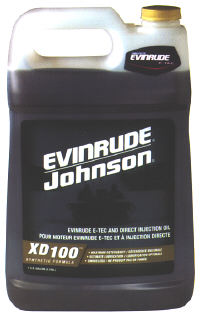 If this is your first season as a boat owner, you may be overwhelmed by the numerous brands and products out there to outfit your boat with. You’ll also no doubt be familiar with how to do basic maintenance on your boat. When it comes to engine oil, you’ll find that you have several choices, yet I would recommend Evinrude.
If this is your first season as a boat owner, you may be overwhelmed by the numerous brands and products out there to outfit your boat with. You’ll also no doubt be familiar with how to do basic maintenance on your boat. When it comes to engine oil, you’ll find that you have several choices, yet I would recommend Evinrude.




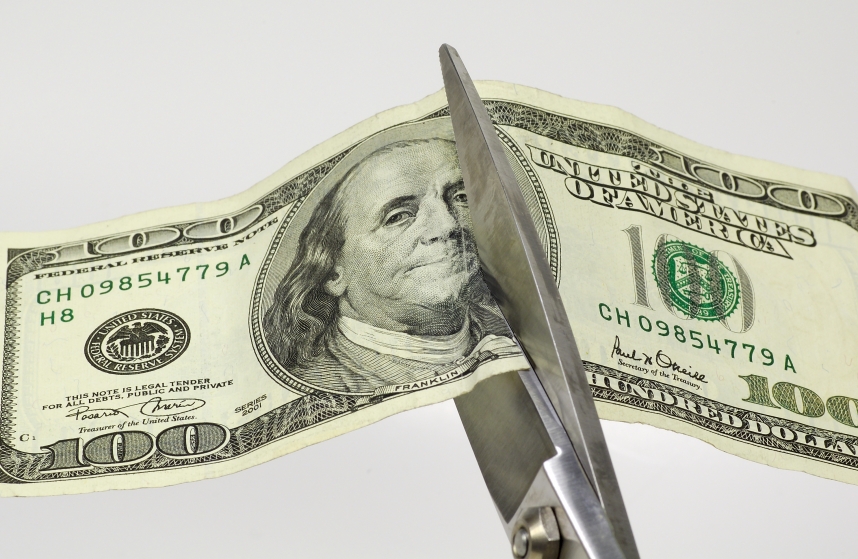 The price of
The price of 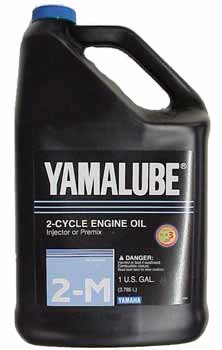 To understand how
To understand how  Before taking your boat out on the water, you may want to go over the following checklist just to make sure that she will run as well as she should. These are relatively easy things to look over that should take no more than half-an-hour.
Before taking your boat out on the water, you may want to go over the following checklist just to make sure that she will run as well as she should. These are relatively easy things to look over that should take no more than half-an-hour. As we inch closer to the 4th of July weekend,
As we inch closer to the 4th of July weekend, 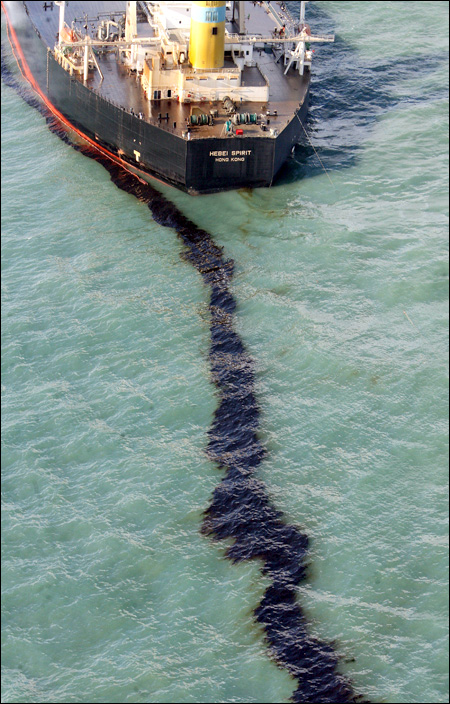 Just like with your car,
Just like with your car, 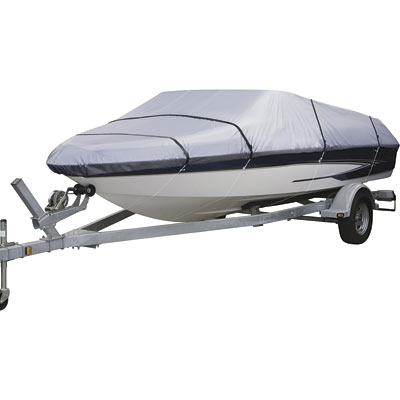 Not everyone can afford to rent space at their local marina and so some people find it more prudent to store their boats at home and simply use their car to move their boats from their house to the water. Here are some tips on how to trailer a boat with ease:
Not everyone can afford to rent space at their local marina and so some people find it more prudent to store their boats at home and simply use their car to move their boats from their house to the water. Here are some tips on how to trailer a boat with ease: Although the Screw propeller had been added to an engine as early as the 18th century in Birmingham, England by James Watt; the engine powered by
Although the Screw propeller had been added to an engine as early as the 18th century in Birmingham, England by James Watt; the engine powered by  Don’t let the gloom and doom predictions of high gas prices keep you from your boating passion. Even with
Don’t let the gloom and doom predictions of high gas prices keep you from your boating passion. Even with 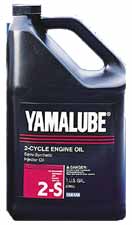 As the specter of high oil prices looms throughout the summer, you can still find discounted boat oil online. Though many brands have slightly increased their prices, the internet has been a great resource of low priced oil. Name brands such as
As the specter of high oil prices looms throughout the summer, you can still find discounted boat oil online. Though many brands have slightly increased their prices, the internet has been a great resource of low priced oil. Name brands such as  This weekend, it was announced that Saudi Arabia will increase oil output by an additional 200,000 barrels. This will make the daily total of
This weekend, it was announced that Saudi Arabia will increase oil output by an additional 200,000 barrels. This will make the daily total of